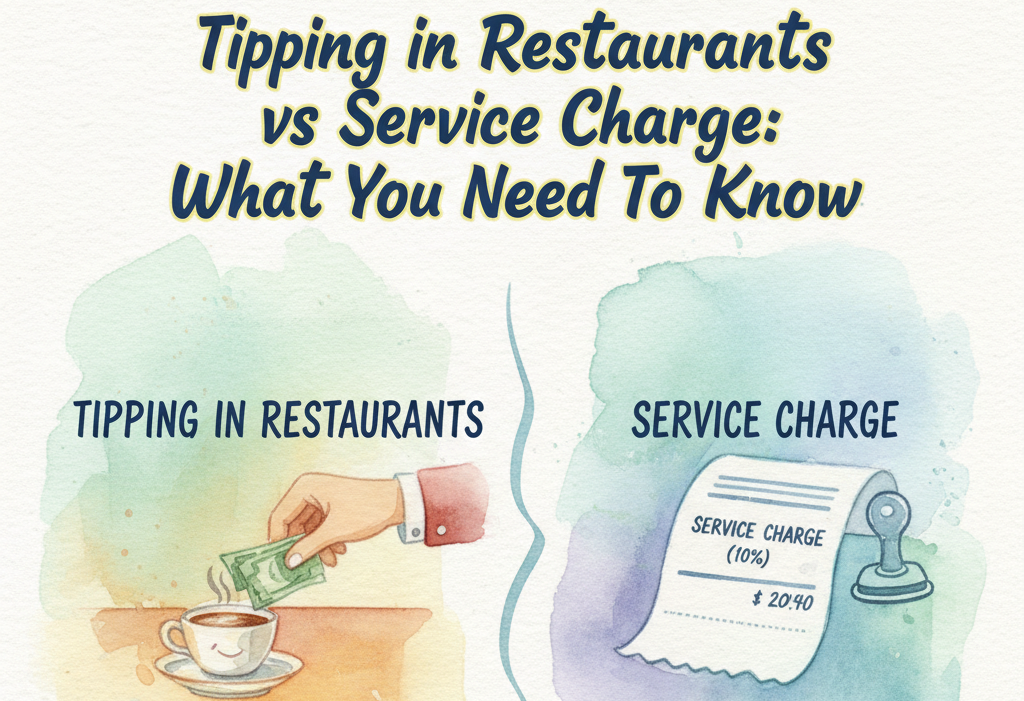Are you torn between buying an existing gem or crafting your culinary dream from scratch? In this guide, we’re your compass through the labyrinth of choices. Discover how to assess resources, analyze markets, and navigate legal waters. Join us as we unravel the mysteries of buying versus starting a restaurant, empowering you to make the savvy decision that aligns with your goals. Let’s embark on this flavorful journey together!
Assess Your Resources and Goals
Before diving into the intricacies of the restaurant industry, take a step back to assess your resources and goals. Determine your budget, time constraints, and the long-term vision you have for your culinary venture. Consider your risk tolerance and the potential return on investment for both options.
Do Proper Restaurant Market Research
Understanding the market landscape is crucial for success. Conduct thorough research on current trends and competition in the area where you plan to establish your restaurant. Assess whether there is a demand for the cuisine or concept you wish to offer. This insight will guide your decision-making process and help you position your restaurant for success.
Consider the Existing Infrastructure
If you’re considering buying an existing restaurant, scrutinize the infrastructure. Evaluate the condition of equipment, décor, and the overall layout. Assess whether any renovations or upgrades are necessary to align with your vision. Conversely, if you opt for starting anew, research the costs and timeline for construction, permits, and setting up the space. Factor these considerations into your budget and timeline.
Evaluate the Brand and Reputation
The brand and reputation of a restaurant play a pivotal role in its success. Buying an established restaurant provides you with immediate brand recognition and a loyal customer base. However, starting a new restaurant allows you to craft a unique brand identity and shape your reputation from scratch. Consider which option aligns best with your vision and long-term goals.
Understand Legal and Financial Obligations
Navigating the legal and financial landscape is paramount in the restaurant industry. If you’re buying an existing restaurant, conduct thorough due diligence to uncover any hidden debts or legal issues. For a new venture, budget for startup costs, licenses, permits, and ongoing expenses like rent and utilities. Understanding these obligations will mitigate risks and set a strong foundation for your restaurant’s success.
As we wrap up our exploration of the nuanced decision between buying an existing restaurant and starting anew, remember that success in the culinary world hinges on strategic choices. Whether you’re drawn to the allure of a ready-made establishment or eager to carve your path, our guide has equipped you with the insights to navigate this pivotal decision. For further guidance and inspiration on your journey to restaurant ownership, dive into the wealth of knowledge waiting for you on the EasyEat website.



